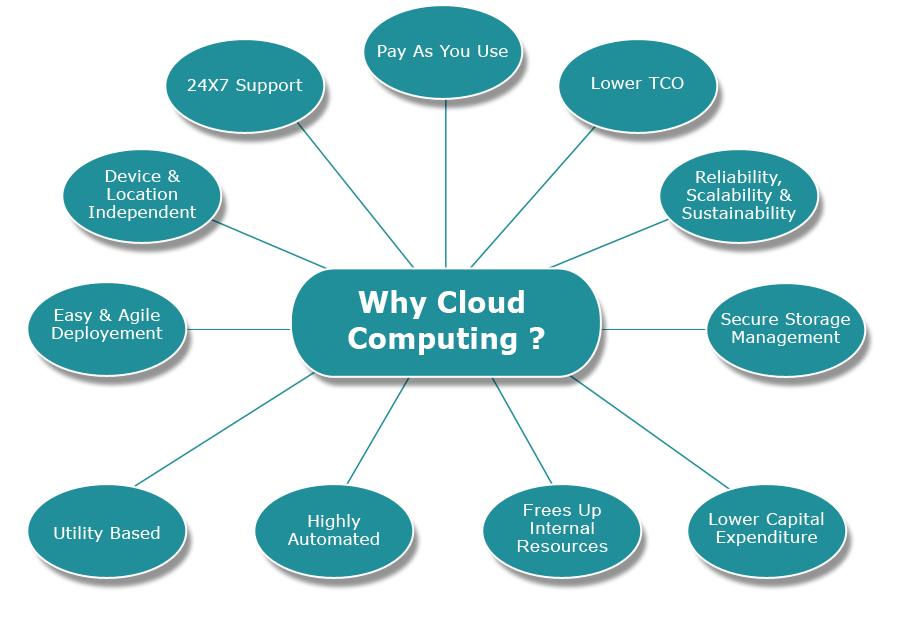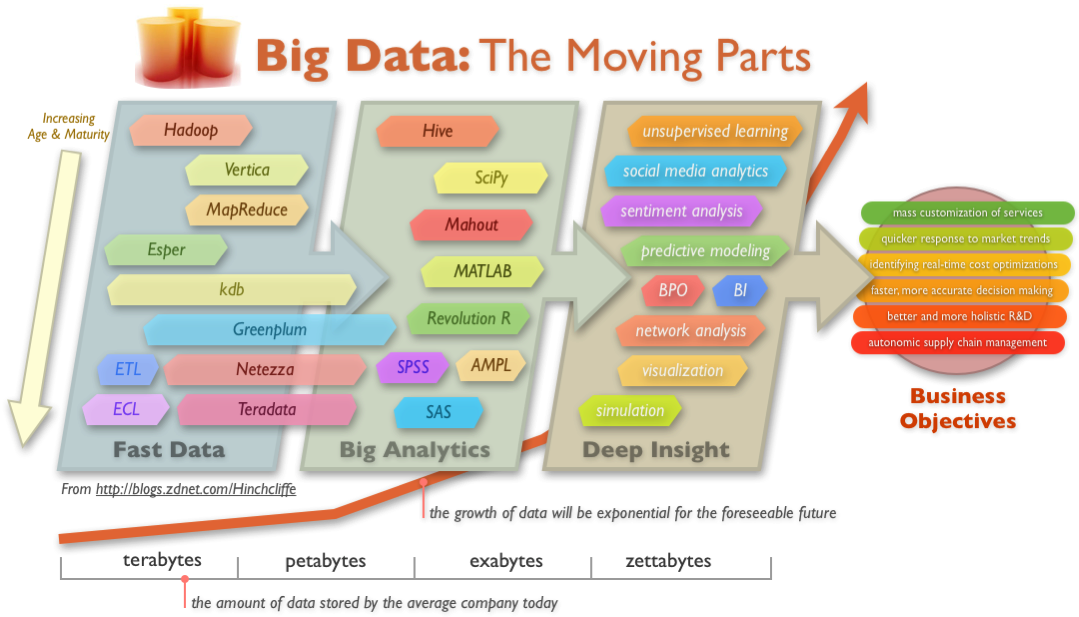Cloud computing has turned out to be a groundbreaking advancement in information technology. It has already enabled many businesses to make profits that were not possible in the past due to no-access to significant information on the cloud to improve sales and costs linked to operation and maintenance of servers. Cloud computing services are available to users under three categories: IaaS (Infrastructure as a Service), PaaS (Platform as a Service), and SaaS (Software as a Service).
Entrepreneurs are striving hard to establish their businesses across the world, but many struggle to manage funds to afford infrastructure and assets required for running a business abroad. But not anymore, thanks to cloud computing to make it much easier for business aspirants to set up their businesses in their desired locations. They are no longer required to spend hefty sum of money on buying computer hardware, software to run their businesses.

Moreover, they can easily track performance of their businesses, manage resources and increase their ROI through various apt tools available on the cloud.
Another factor that entices to go for cloud computing is scalability, which allows a company to avoid a panic situation where there is unexpected growth in numbers of users. Cloud scalability automatically increases the number of resources as and when there is upsurge in demand. There are many benefits of cloud computing that are leading many businesses, regardless of their sizes, to increasingly opt for cloud computing.
The ability to scale up in the event of skyrocketing business growth makes cloud computing the antidote of system-failure nemesis. It's no hyperbole to say that cloud scalability saves both time and money of cloud customers, who can avail cloud services at any given point of time.
Non-cloud users, on the other hand, often face the labyrinth of installing new hardware, buying new licenses for software and keeping a dedicated staff to deal with system failure ascribed to massive influx of users.
Cloud computing acts as a single point to fulfill your all the computing, networking and storage needs. Hence, cloud computing not only frees your of the dependence on buying personal hardware, software to run your business operations, but also ensures high productivity and helps devise strategies to establish a strong foothold in the market. For example, a business management software, called enterprise business planning (ERP), is available on the cloud to help identify problems that are pushing your business growth backwards, and plan accordingly to carve a niche for your business.
Scalability has become a broader term in the modern era, where every business keeps growth factor in mind well in advance. This is why it's imperative that web applications are developed considering their eventual automation for high availability, scalability and compliance.
Web app scaling ensures agility and management of big infrastructure when your app begins to become popular, and witnesses more and more users using it everyday.
Evontech provides web app scaling consulting services without charging any fee to help businesses enjoy benefits of sophisticated infrastructure automation.
Reaching the next level of infrastructure automation makes it possible to understand application requirements and swiftly make arrangements as required. This helps create an environment defined by software, which in turn provides insight into changing requirements and enables acclimatization through automation.
Big data analytics plays a key role in understanding market trends, customers requirements and uncovering secrets to boost your sales and bolster your coffer.
Empowered by cloud computing, big data analytics entails examination of large data sets that comprise a plethora of data types. It acts as a chisel to sort out complex information into the simplest possible form to enhance your operational efficiency, and thereby gives you an edge over your competitors.
Data warehouse on cloud opens doors to access broad business data, both current and historic, to help create analytical reports. DWs make it much easier to analyze data available from disparate sources. Data warehouse scalability provides users any business data and ensures it is free of complexity and flaws.
Data warehousing relies on ETL (Extract Transform and Load) to remove complexity that arises from data available in different formats.

First step is extraction of data from various source systems and its conversion into warehouse format. Next step involves transformation of data, which includes data cleaning, changing different formats into the desired one, filteration etc. The last step is loading the data into data warehouse in order to make it available for use over the cloud.
0 Comment(s)